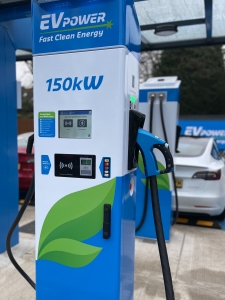 The electric vehicle (EV) sector faces several challenges, including:
The electric vehicle (EV) sector faces several challenges, including:
- High upfront costs: EVs are still more expensive than traditional gasoline vehicles. That can be a barrier to adoption for many consumers.
- Limited range and charging infrastructure: Despite the improvements in EV battery technology, range anxiety remains a concern for some potential buyers. The charging infrastructure is still not as widespread as gasoline stations, which can limit the practicality of EVs for long-distance travel.
- Interoperability and standardization issues: Different EV models can have different charging plug types and charging speeds, which can create confusion for EV owners and limit the growth of the charging infrastructure.
- Battery degradation and replacement costs: Batteries are a critical component of EVs and will eventually need to be replaced. This can be a concern for some potential buyers, who may be hesitant to buy an EV because of the potential replacement costs.
- Supply chain constraints: There is a limited supply of some key materials used in EV batteries, such as cobalt and lithium. This could limit the growth of the EV industry and make it more challenging to produce enough EVs to meet the growing demand.
- Lack of consumer awareness: Many consumers are still not familiar with EVs and the benefits they offer, which can be a barrier to adoption.
- Competition from internal combustion engines (ICE) vehicles: Despite the growth of the EV industry, traditional gasoline vehicles still dominate the market and compete with EVs for consumer attention and sales.
These challenges are significant, but the EV industry is actively working to address them and make EVs a more viable option for more consumers.


Leave a Reply
Want to join the discussion?Feel free to contribute!